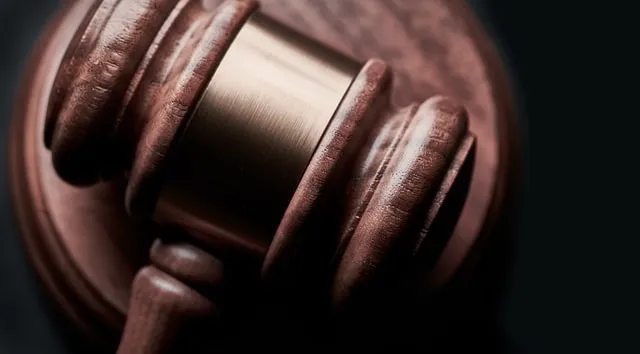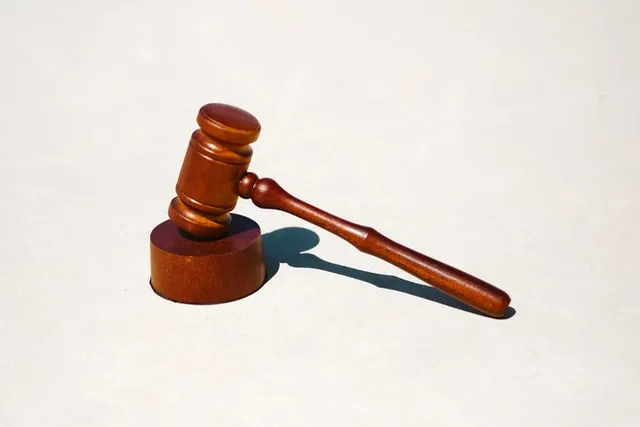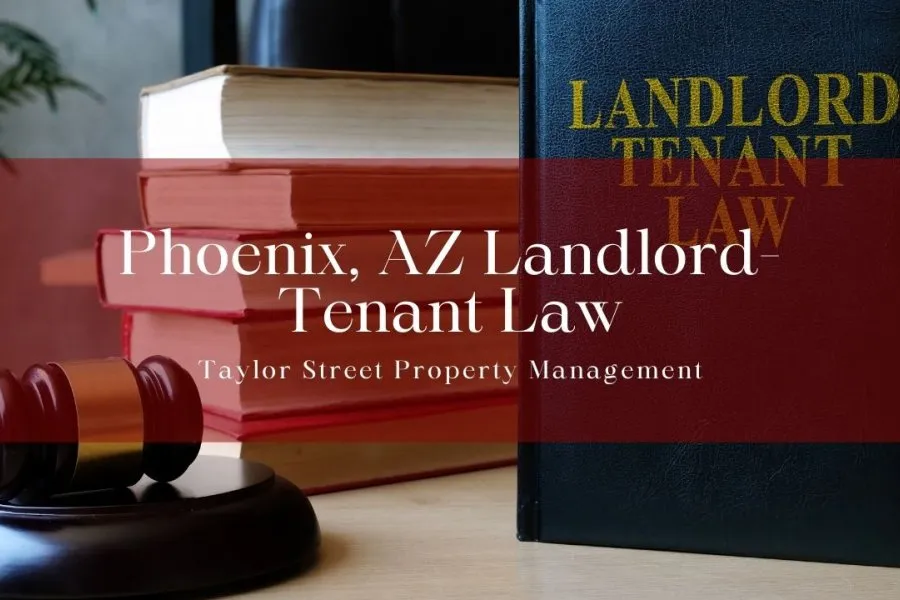Owning and running a rental unit can be quite rewarding. Many of the world’s wealthiest people can attribute their success to real estate investing.
That said, being the owner of a rental investment and managing it are two different things. While anyone can own a rental, some are more qualified to manage it than others. This is because managing a rental home requires certain skills, like checking a criminal record, managing security deposits, completing eviction actions, complying with state laws, experience, and knowledge.
Among other things, you, as the landlord, have to understand the Arizona residential landlord and tenant laws. The following is everything an Arizona landlord needs to know about the Arizona residential landlord-tenant laws.
Are there disclosures that an Arizona residential landlord must make to their tenants?
Yes. Every state in the U.S. requires a landlord to make certain disclosures to their tenants before signing the lease agreement. If the landlord fails to do so, they could face legal repercussions as per the Arizona residential landlord and tenant law.
The disclosures under the Arizona Residential Landlord and Tenant Act are as follows:
- The identity and address of the person who is authorized by the landlord to manage the dwelling unit.
- The rental property owner’s identity and address.
- Important rent disclosures, including when and how a tenant should pay rent, penalties for nonpayment, grace periods, and the process of increasing the tenant’s rent.
- Information regarding the purpose of any nonrefundable fees a tenant must pay regarding the rental property.
- Educational information about bed bugs, regardless of their actual presence.
- Information about lead paint concentration if the rental home was built before 1978.

What rights and responsibilities do Arizona landlords have?
As a landlord in Arizona, the following are some of the rights you have under the Landlord and Tenant Act. You have the right to:
- Be served proper written notice by a tenant who’s looking to vacate their rental premises.
- Provide written notification when a tenant is looking to be out of town for an extended period of time.
- Complete a move-out inspection if they desire, as long as it remains within state law.
- Keep the property within safety standards.
- Enter rented premises to carry out important responsibilities, such as making repairs or showing the unit to prospective tenants or buyers.
- Raise rent per the terms rental agreement if the landlord wishes
- Evict a tenant for gross violation of the rental agreement. For example, if a tenant refuses to make their monthly rent payment or the tenant owes rent and refuses to pay. A tenant exercising their rights, for example in a domestic violence case, does not warrant an eviction though.
- Ask for a security deposit when a tenant is signing the lease for the first time. Please note that, in Arizona, you can’t ask your tenant to pay for more than 1.5 times the rent as a security deposit. So, if the monthly rent is $1,000, the maximum you can ask your tenant to pay as a security deposit cannot exceed $1,500.
Your responsibilities as a landlord include:
- Ensure your rental premises adhere to the state of Arizona’s safety and health codes, applicable building codes, and any stipulations in the lease agreement.
- Make all needed or requested repairs at the rental property within a reasonable time and at a reasonable cost
- Provide your tenant with adequate notice before making changes to the rental agreement and keep the tenant notified of further changes.
- Comply with the anti-harassment and anti-discrimination laws as per Arizona State Law.
- Follow the law when looking to evict a tenant.
- Comply with the Fair Credit Reporting Act and the Arizona Department of Fair Housing Laws.
- Managing security deposits.

What rights and responsibilities do Arizona tenants have?
Arizona tenants have certain rights, like the right to:
- Certain disclosures. For example, rent-related disclosures such as how and when rent will be paid, late fees, and the process of increasing rent.
- Receive a written notice when facing eviction as per Arizona law.
- Withhold rent if the landlord doesn’t act on repair requests on time.
- Be notified before a landlord enters their rented premises. That’s because tenants in Arizona have a right to the quiet enjoyment of their dwelling.
- Terminate their written rental agreement, after the tenant moves out, if they have been victims of domestic violence.
- A walk-through inspection to find any of the tenant’s property before moving out of the unit.
- Be treated equally and fairly per the Federal Fair Housing Act. The act protects tenants from discrimination based on sex, religion, race, color, disability, national origin and familial status.
As for the tenant obligations, Arizona tenants are responsible for:
- Notifying their landlords whenever maintenance issues occur.
- Notifying their landlords when looking to vacate their rented premises.
- Adhering to all terms of the lease or rental agreement.
- Maintaining reasonable noise levels in the dwelling unit.
- Letting the landlord know whenever they will be out of town for an extended period of time.
An Overview of the Landlord-Tenant Laws in Arizona
Small Claims Court
In Arizona, a small claims court will only hear cases valued to up to $3,500. There are some courts, however, that may allow cases exceeding that limit. A small claims court will, however, not hear cases involving tenant evictions.

Landlord Entry
As a landlord, you have a right to enter a tenant’s rental under certain circumstances.
You may want to enter to carry out important landlord responsibilities, such as:
- Inspecting the unit for damage.
- Under court orders.
- To show the unit to a prospective tenant, buyer or lender.
- To make needed or requested repairs.
- In cases of emergencies.
- In case of property abandonment.
Before doing so, you must provide your tenant with a notice of at least 2 days. The only exception to this is in case of an emergency.
Housing Discrimination
The Fair Housing Act makes it illegal for landlords to discriminate against their tenants based on a protected class. At the federal level, the protected classes are race, color, religion, disability, sex, national origin and familial status. But be sure to use legal resources to make sure you fully understand these laws.
Rent Control Laws
Arizona doesn’t have any rent control laws. As such, you can set whatever rent amount you wish. That said, most landlords know the importance of setting the right rent prices.
Additionally, you aren’t limited to the amount you can raise it by. But, you must wait until the next rental period to adjust the price.
Summary
Landlords must understand Arizona landlord-tenant laws. As a landlord, you must also be aware of the security deposit, leasing, and Arizona eviction laws. These regulations are often subject to change therefore, it’s important to stay up-to-date.
For help with the legal side of running a rental property or if you’d like help managing your units contact a Phoenix property management company like Taylor Street Property Management today!
Disclaimer: This information isn’t a substitute for professional legal advice. Laws change and it may no longer be up to date. If you have questions or need further help, please seek help from a qualified Arizona attorney or an experienced property management company.


